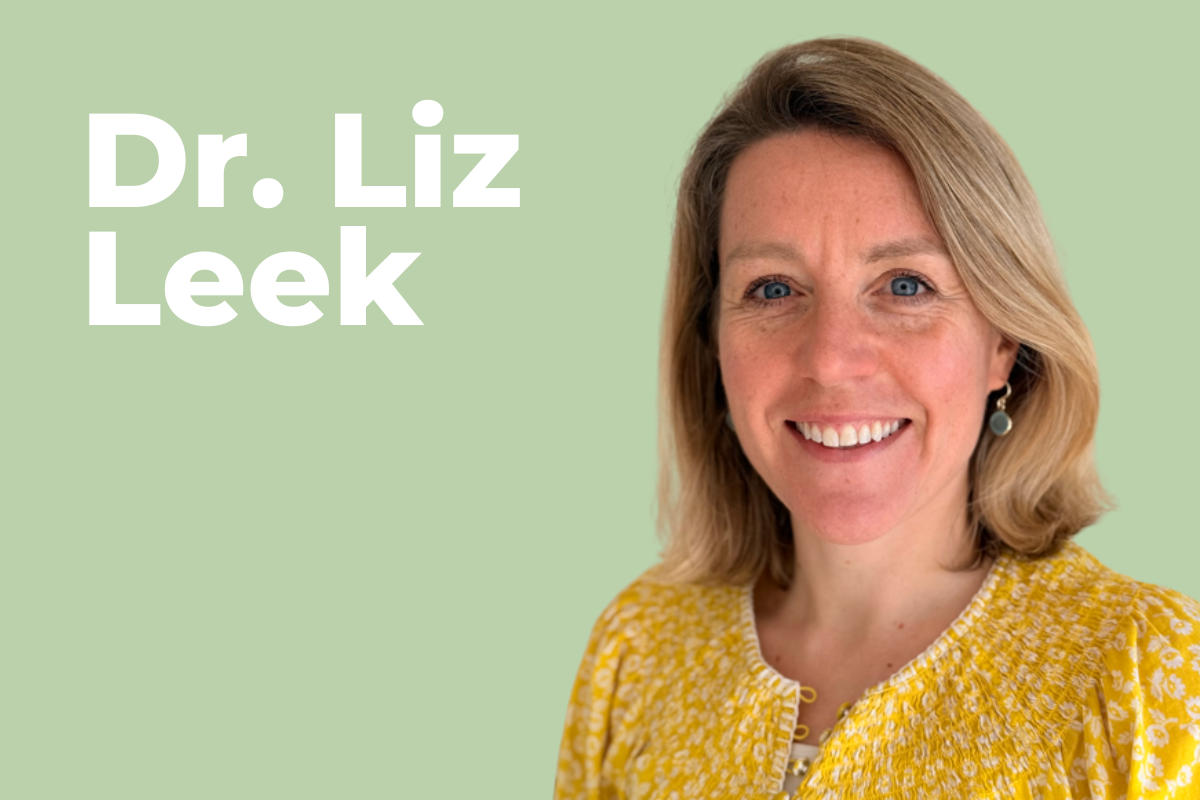
What is postnatal depression?
Postnatal depression is unfortunately a very common condition, affecting more than one in ten women within the first year of giving birth. The onset of symptoms may not be immediate, and might develop slowly. There is also a common misconception that postnatal depression only affects women – while women are more likely to experience symptoms, postnatal depression can affect both parents.
Postnatal depression is sometimes mistaken for the ‘baby blues’. The baby blues aren’t serious, (although they do affect up to 80% of women after they give birth). Usually only lasting around two weeks of childbirth, symptoms are similar to those of postnatal depression – low mood or mood swings, insomnia, irritability, and a lack of interest in usual hobbies or habits. The baby blues are simply your body adjusting to the hormonal fluctuations associated with giving birth.
If you or your partner have symptoms that continue for longer than a few months, or are particularly severe, it’s possible that the cause could be postnatal depression. If you do feel that this is the case, don’t be afraid to reach out!
Being a new parent can be incredibly isolating and scary, and people often feel judgement around not being ‘perfect’ or not enjoying the newborn stage as they feel they should. However, if you feel you need help, there’s no shame in asking for it, as there are lots of options available for possible treatment for postnatal depression.
Causes and Risk Factors:
Unfortunately, the causes of postnatal depression have not been fully determined. There are a variety of factors that can increase your risk of developing postnatal depression, including:
- A history of mental health problems, particularly depression, earlier in life.
- Mental health problems during pregnancy.
- Having no support system in place to help you through pregnancy, childbirth, or the postnatal period.
- A difficult, abusive, or traumatic relationship with your partner.
- Recent stressful or traumatic life events, such as a bereavement.
Having a baby is a life changing event. While it is largely a happy, celebratory stage, it’s also important to understand that having a baby can sometimes trigger depression or other mood disorders. For women especially, the hormonal changes that your body undergoes throughout pregnancy, childbirth, and the postnatal period are intense, which is why hormone therapy is a possible treatment for postnatal depression.
Symptoms of postnatal depression:
Depression (and other mood disorders) may present differently in different people, as everyone is affected differently. But in general, symptoms will include:
- A persistent or constant low mood, feelings of sadness or numbness.
- A lack of interest and enjoyment in hobbies, interests, or the wider world.
- Exhaustion, and constant desire to sleep (this can be especially tricky to notice when you’re looking after a newborn!).
- Difficulty or disinterest in looking after yourself or your baby.
- Self isolation.
- Intrusive thoughts, for example about hurting yourself, your baby, or your partner.
“All of these symptoms are troubling to experience, but in particular, intrusive thoughts can be extremely distressing. In general, people who have intrusive thoughts do not act on them. If you’re worried about your safety, or how you might act towards other people, please reach out and seek help. Part of being a responsible parent is making sure that you’re taking care of yourself as well as your child.”
Dr Haleema Sheikh, The Marion Gluck Clinic.
Postnatal depression and your hormones:
Although postnatal depression is not caused exclusively by hormonal changes, it is important to understand that pregnancy, childbirth, and the newborn stage all involve intense and dramatic fluctuations in your hormone levels. Considering the close relationship between your hormones and your mental health, it is unsurprising that pregnancy and childbirth are commonly followed by mental health difficulties.
Possible treatment for postnatal depression:
Experiencing postnatal depression can be very lonely, distressing, and frightening, but help and treatment is available. If you’re struggling, it’s important to reach out for help, so that you can start feeling like yourself again, and enjoy your life with your new baby.
Bioidentical Hormone Replacement Therapy.
Many patients find bioidentical hormone replacement therapy (BHRT) incredibly helpful for helping to manage their symptoms. Postnatal depression in particular can be linked to a hormone imbalance.
If you’re interested in BHRT as a treatment for postnatal depression, please feel free to book a consultation with our expert team, and we’ll be happy to help.
Other treatment:
Alongside BHRT, you may find it helpful to consult your regular doctor, as there are lots of ways you can combat the symptoms of depression.
Regular exercise, a healthy diet, making sure you’re getting enough sleep, and having a consistent support network in place are all things you can do in your day to day life.
Alongside this, you can talk to your doctor about a prescription for antidepressants, or a referral to a talking therapy such as CBT. Group therapy is also often incredibly helpful for new parents, as it helps people feel less alone in what they are experiencing.
If you’re a new parent (or even if you’re six months in) and you’re struggling, and experiencing the symptoms we’ve talked about in this blog, please do reach out for help and book a consultation with our expert team.



